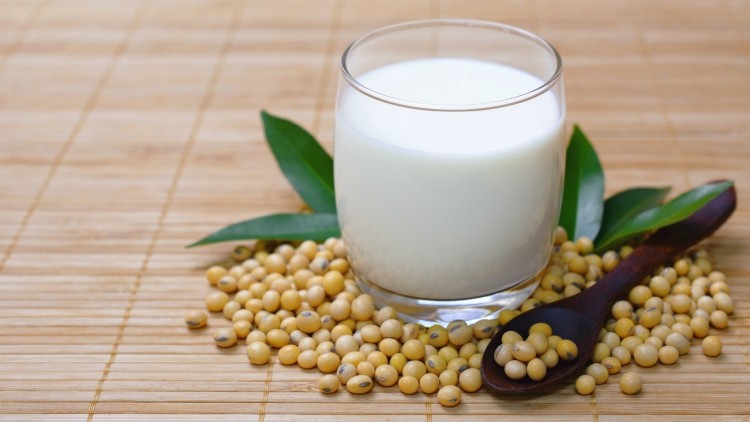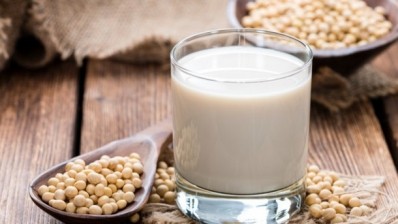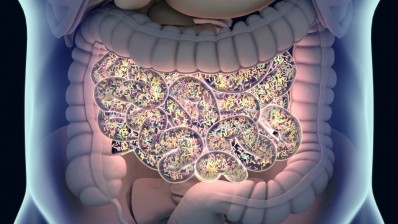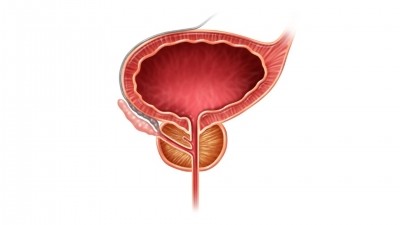Soy consumption may aid in reducing prostate cancer risk: Review

Prostate cancer is the second most common cancer among men, accounting for 15% of all types of cancers in men globally.
In Asia, however, the incidence of prostate cancer has been observed to be lower. At the same time, Asians tend to consume soy foods regularly, leading researchers to explore a link between soy consumption and decreased prostate cancer risk.
Researchers from the University of Illinois therefore conducted a meta-analysis to provide an update on prior studies on the topic, which had shown a link between soy foods and their isoflavones — daidzein and genistein — and a reduced risk of prostate carcinogenesis.
They reviewed 33 articles on the possible effects of soy food and isoflavone intake, as well as circulating isoflavone levels, on both primary and advanced prostate cancer.
Soy does it work?
Subsequently, the researchers found that the consumption of total soy food, daidzein, genistein, and unfermented soy food had a significant association with lowered prostate cancer risk.
On the other hand, circulating isoflavones, the consumption of fermented soy food, and total isoflavone intake were found not to be associated with prostate cancer risk.
The researchers also analysed the potential link between unfermented and fermented soy foods and the prostate cancer risk.
While they did not discover any significant relationship between fermented foods and the risk of prostate cancer, they reported that several studies had "expressed concern" over the impact of soy fermentation on the risk of developing other cancers, such as gastric cancer.
Future considerations
They said all four of the previously published meta-analyses found soy intake to be related to lowered prostate cancer risk, adding that theirs reinforced the association by assessing more studies, categorising soy foods according to food type and isoflavone intake, and "evaluating the potential relationship between soy food intake and advanced prostate cancer risk".
They concluded: "This evidence from observational studies shows a statistically significant association between soy consumption and decreased prostate cancer risk.
"Further studies are required to support soy consumption as a prophylactic dietary approach to reduce prostate cancer carcinogenesis."
Source: Nutrients
https://doi.org/10.3390/nu10010040
"Soy Consumption and the Risk of Prostate Cancer: An Updated Systematic Review and Meta-Analysis"
Authors: Catherine C. Applegate, et al.













